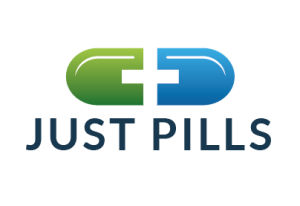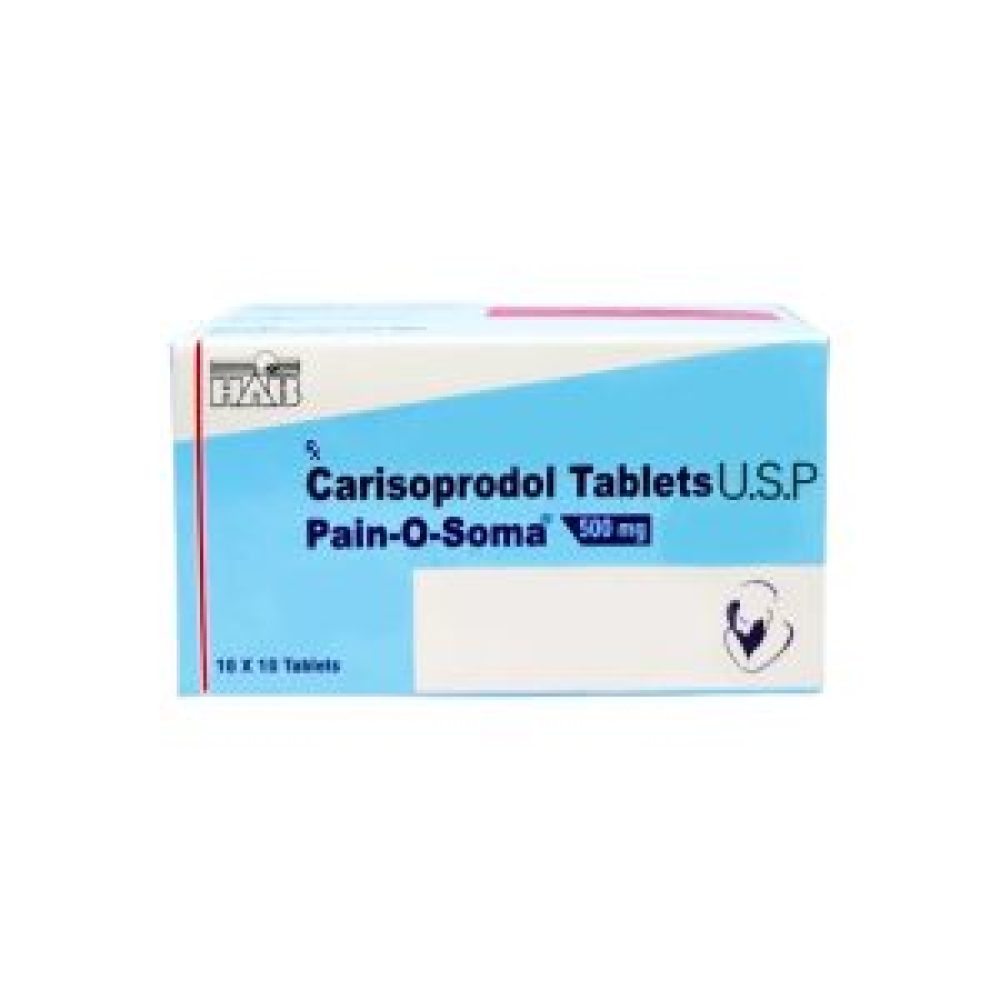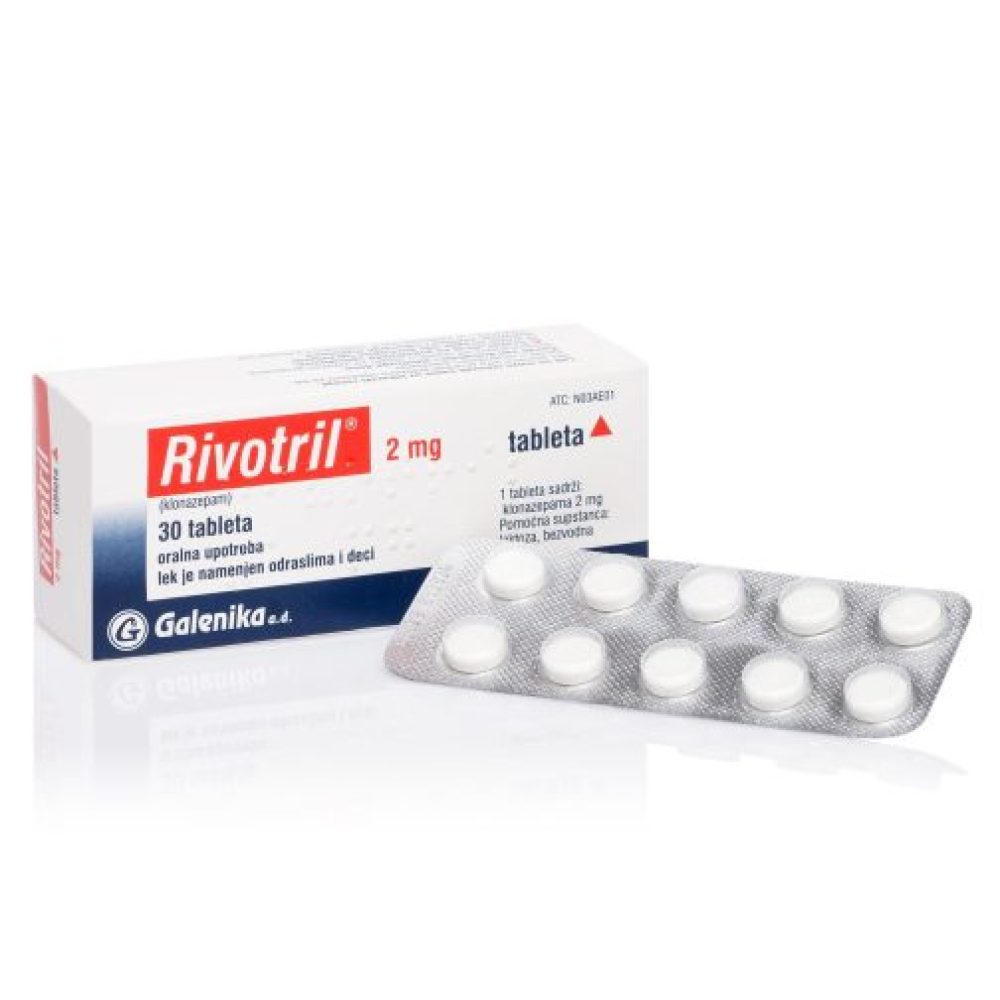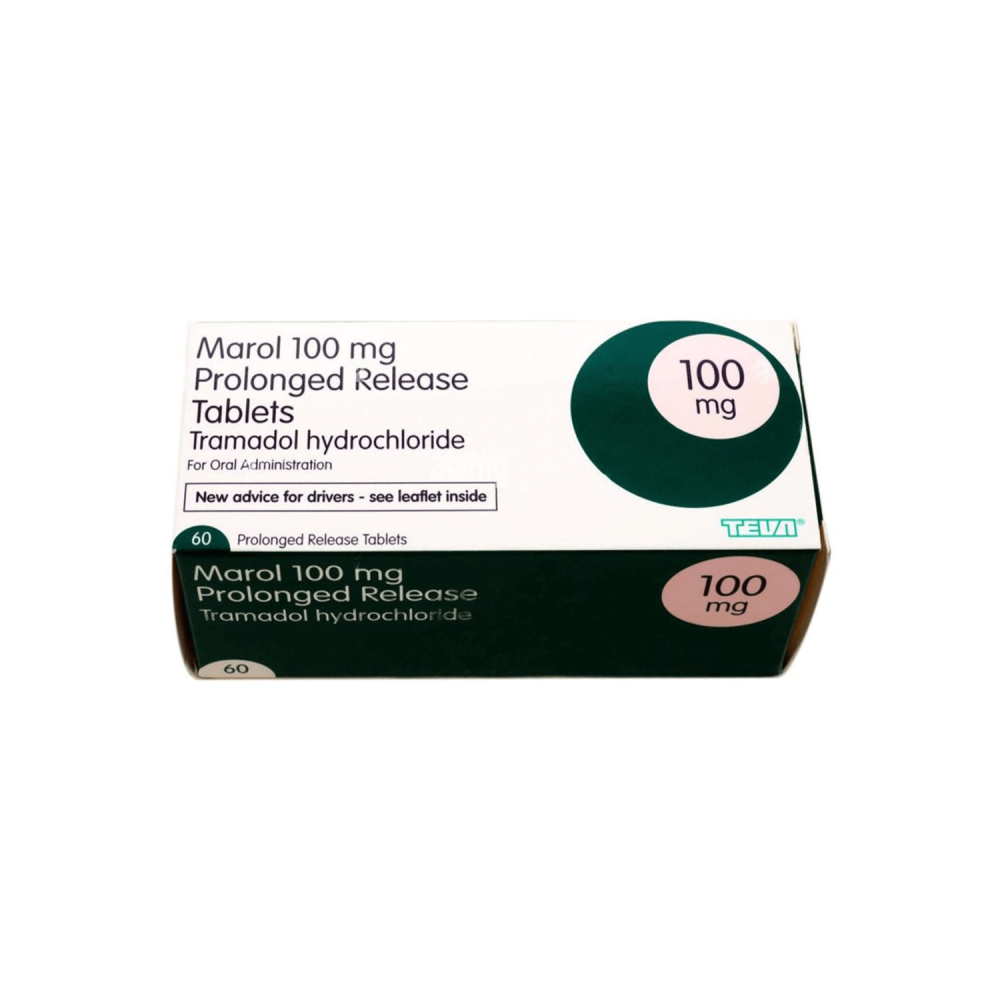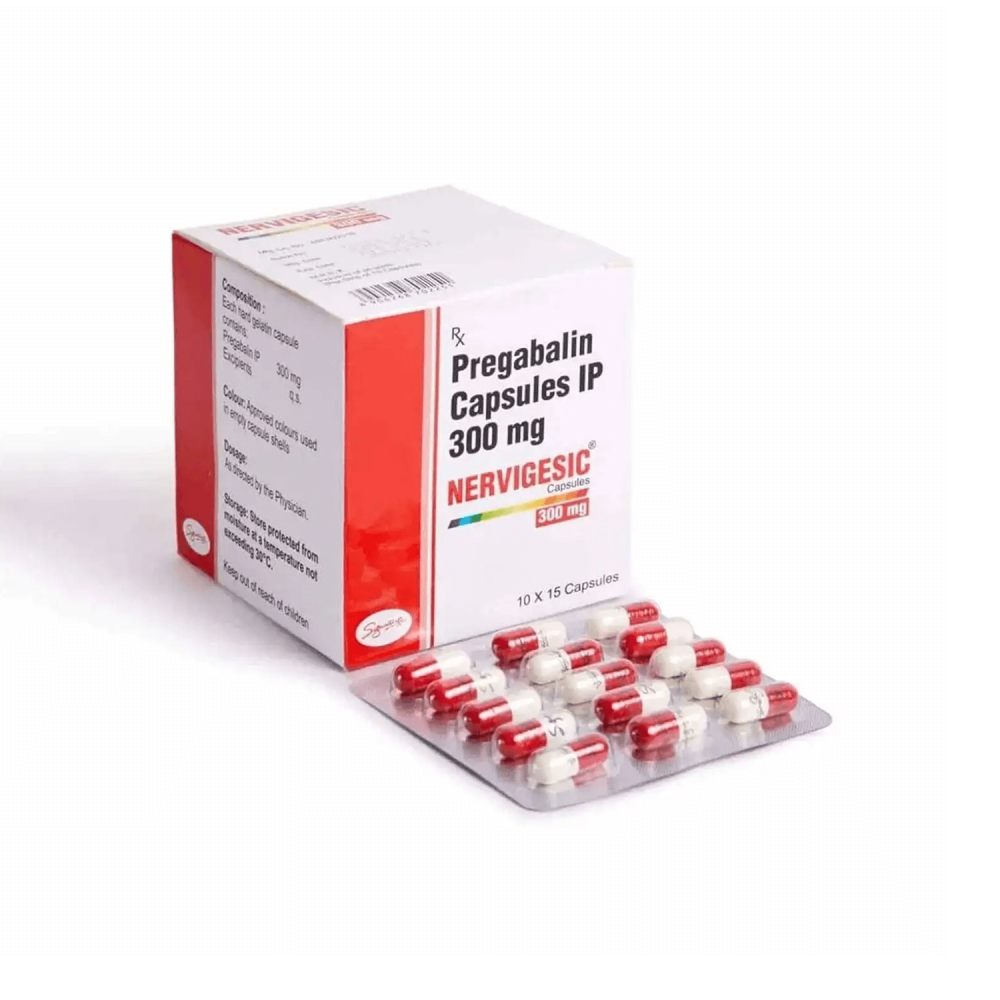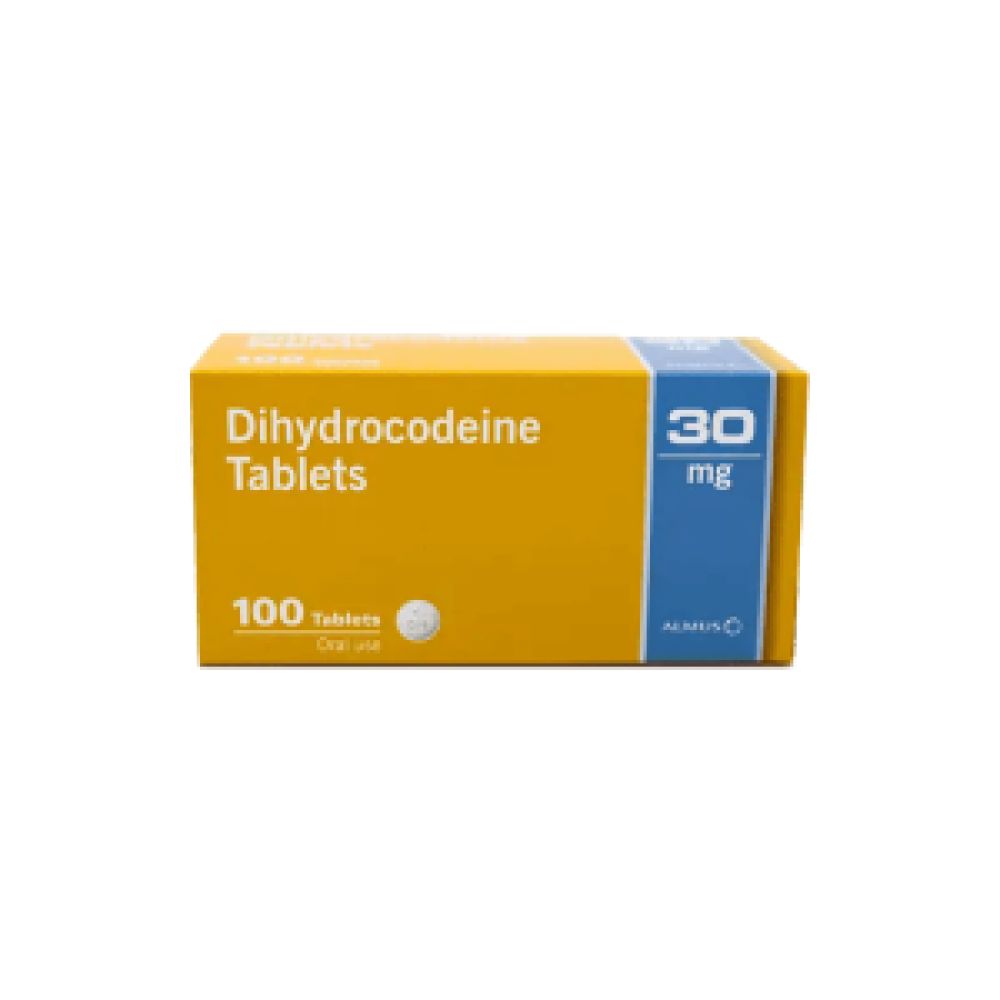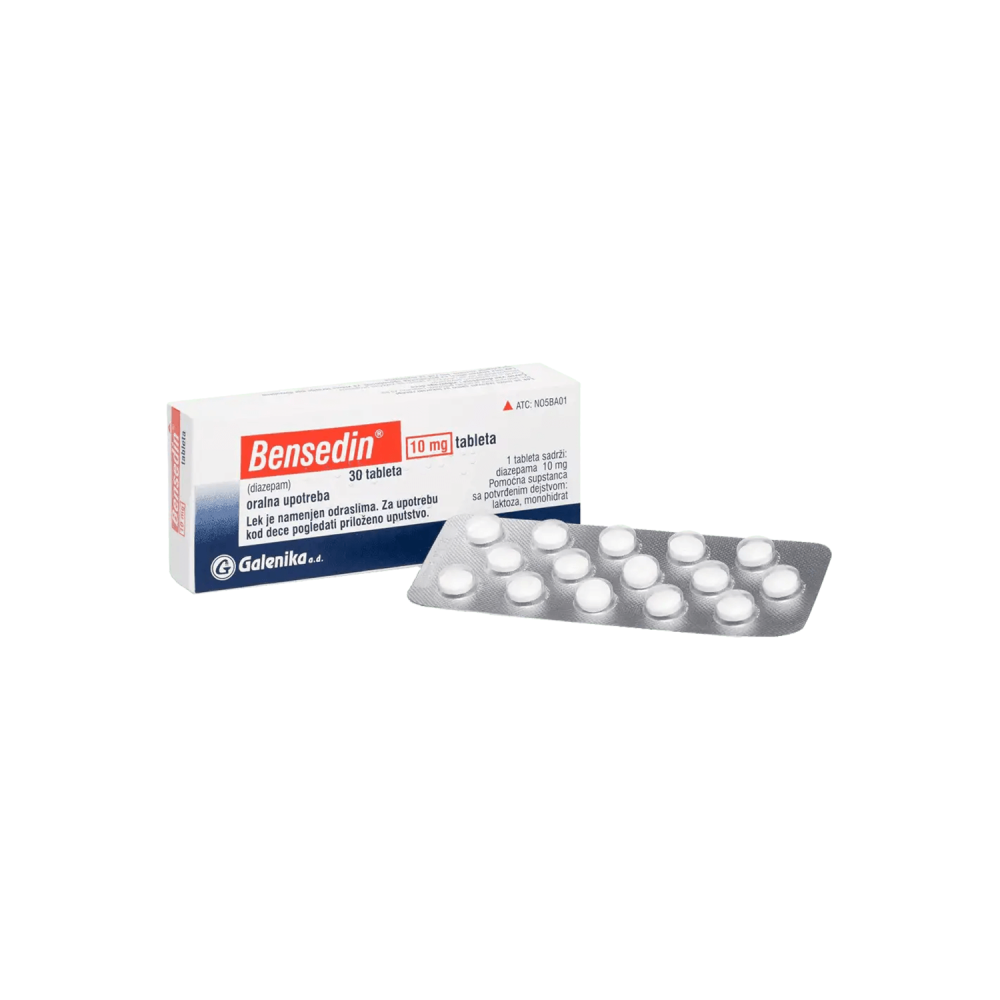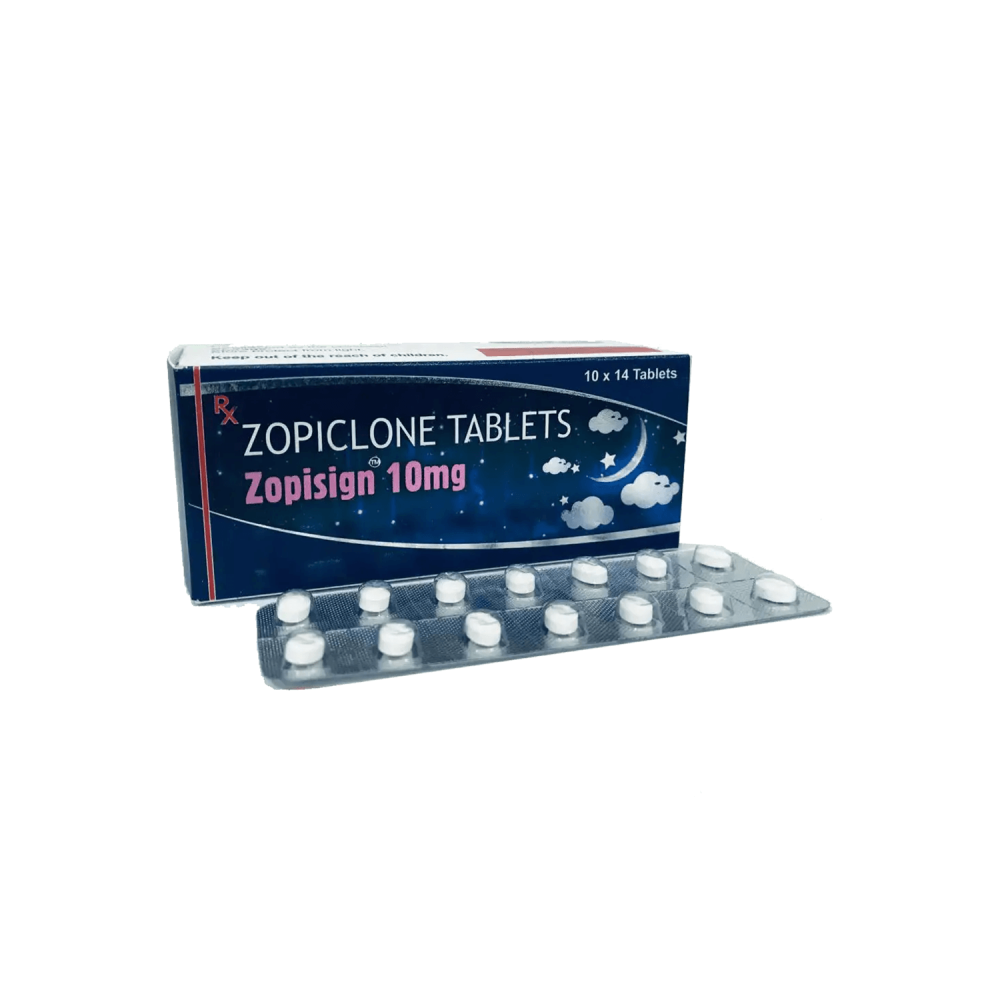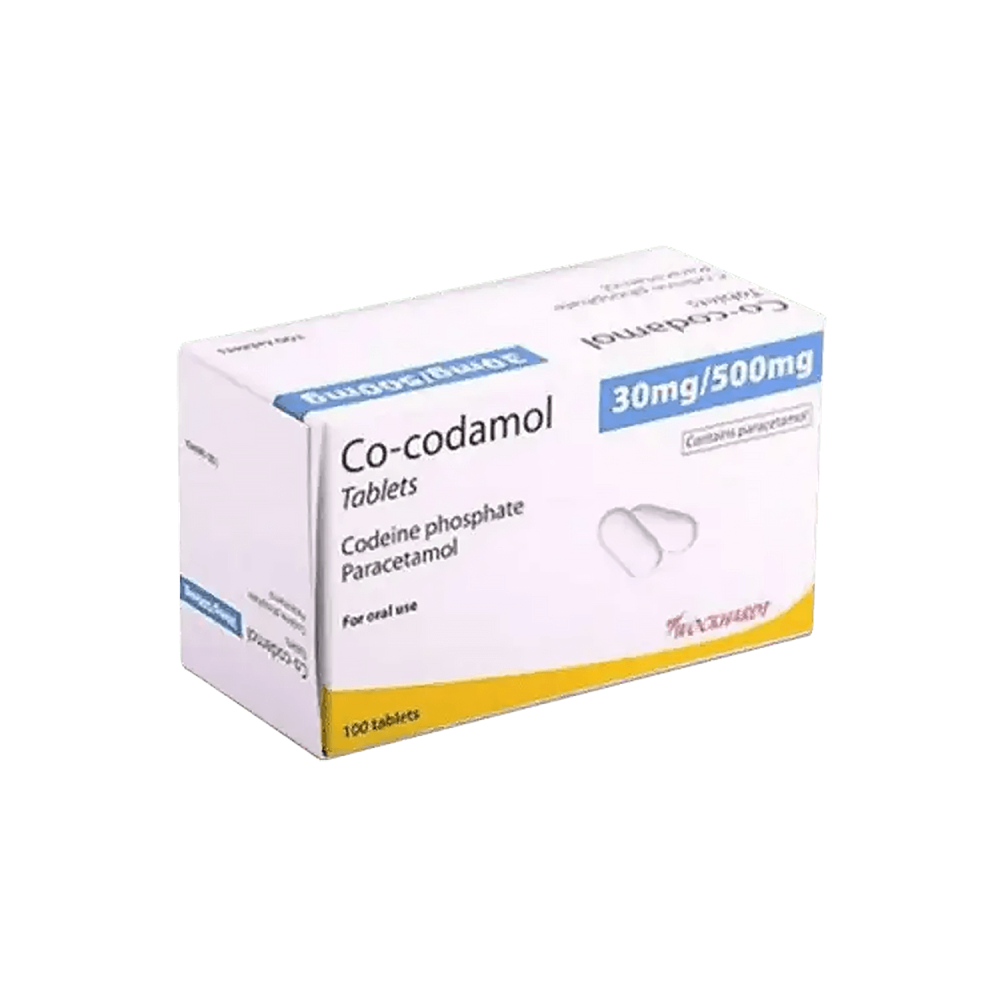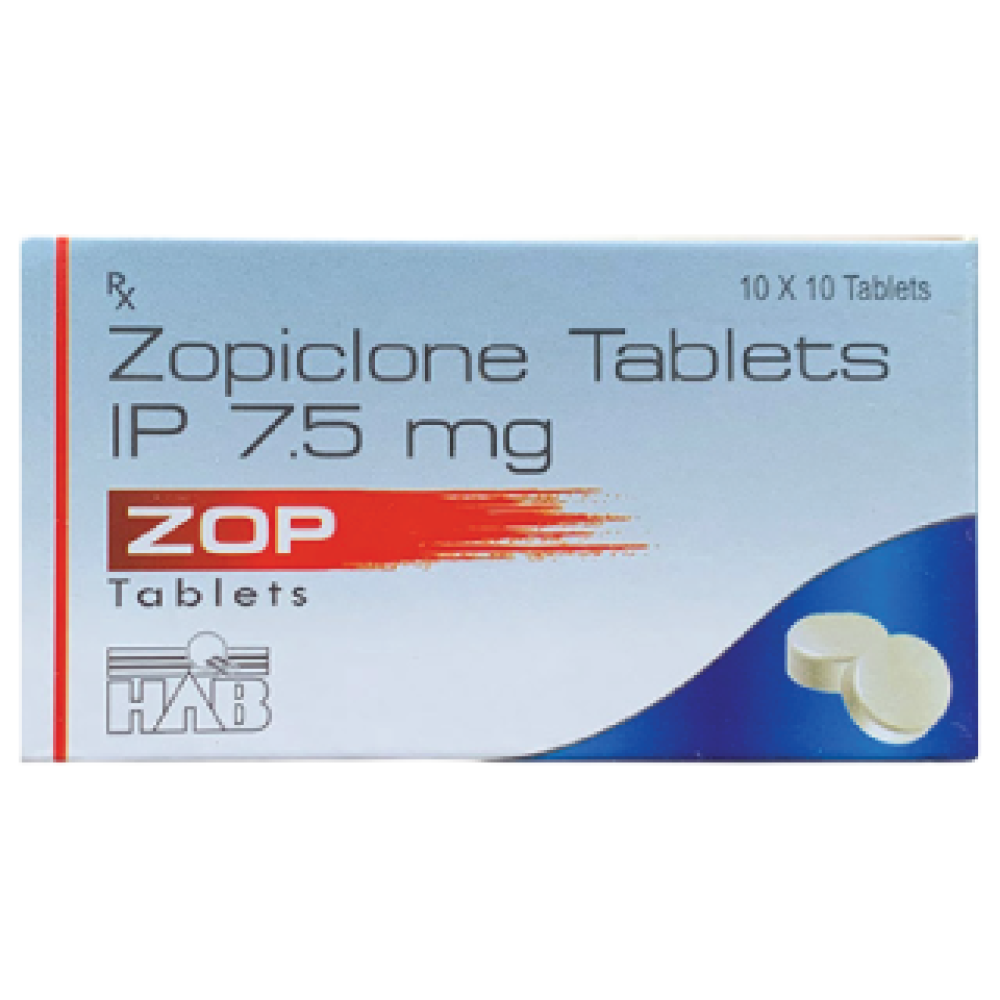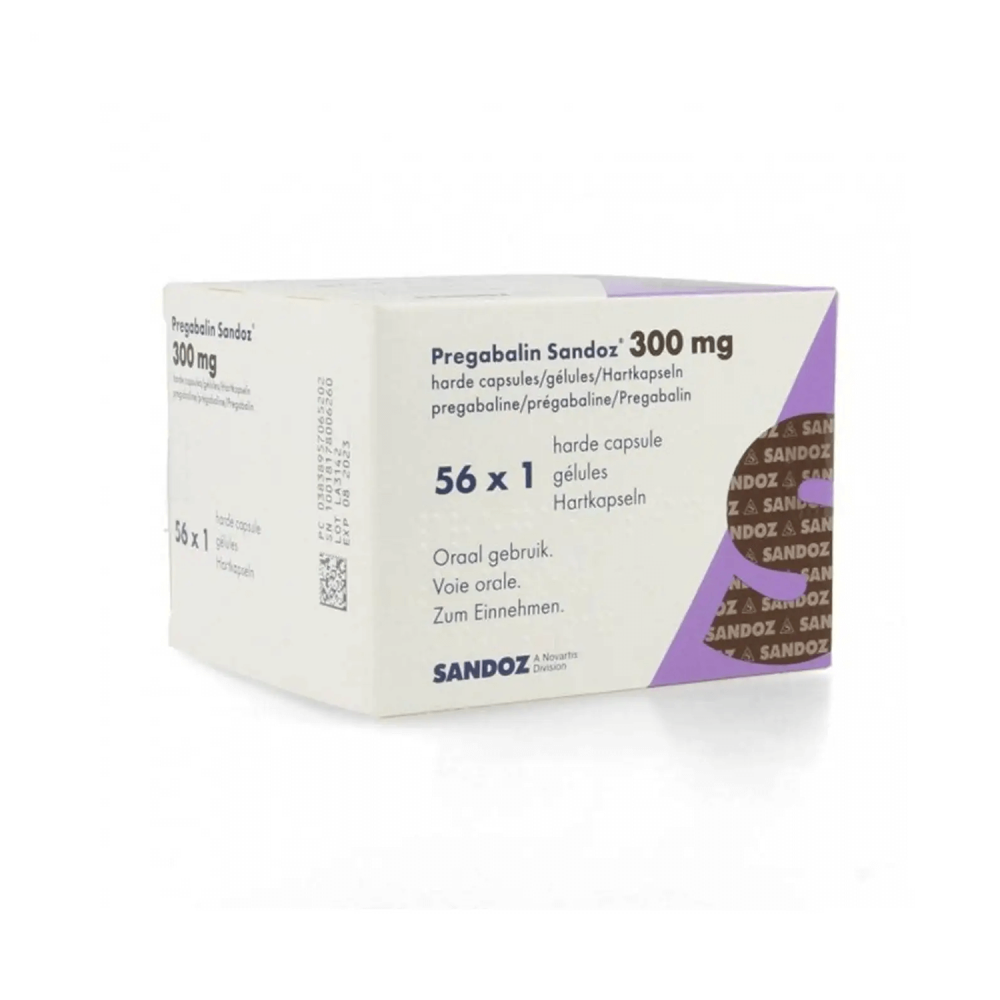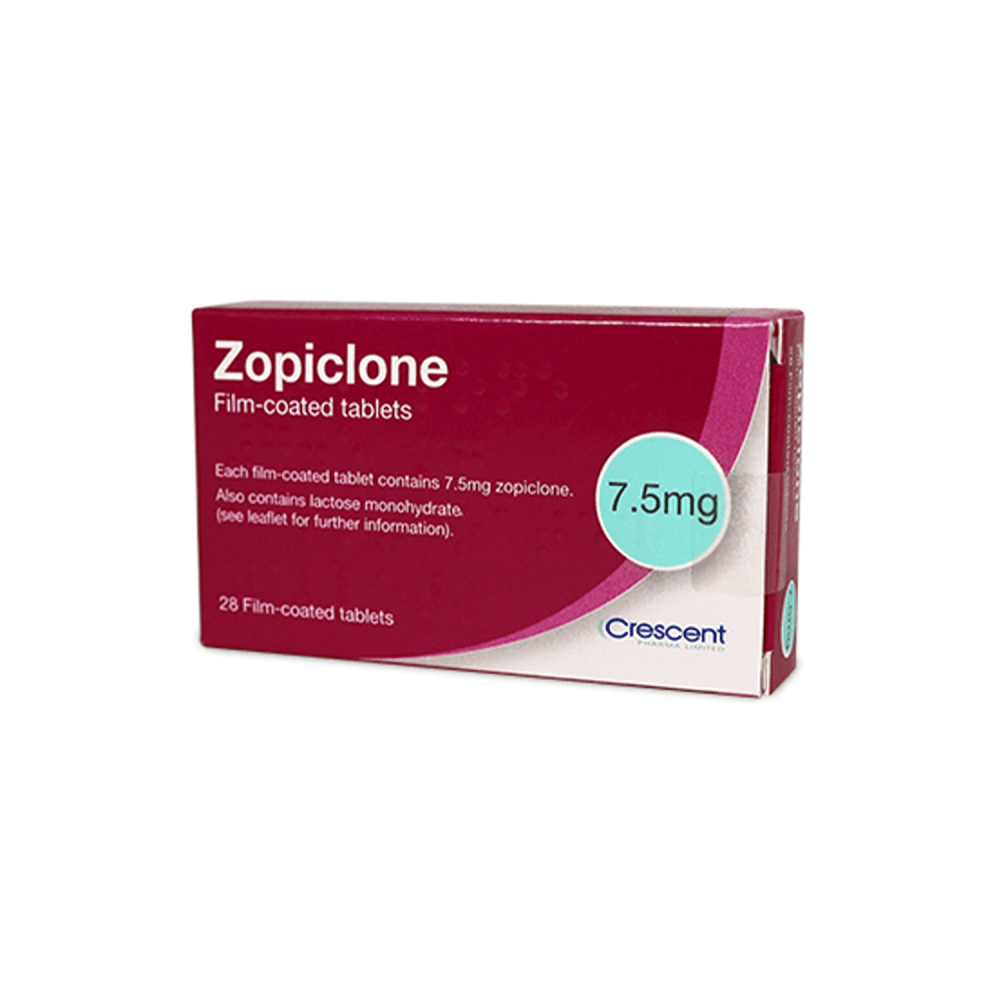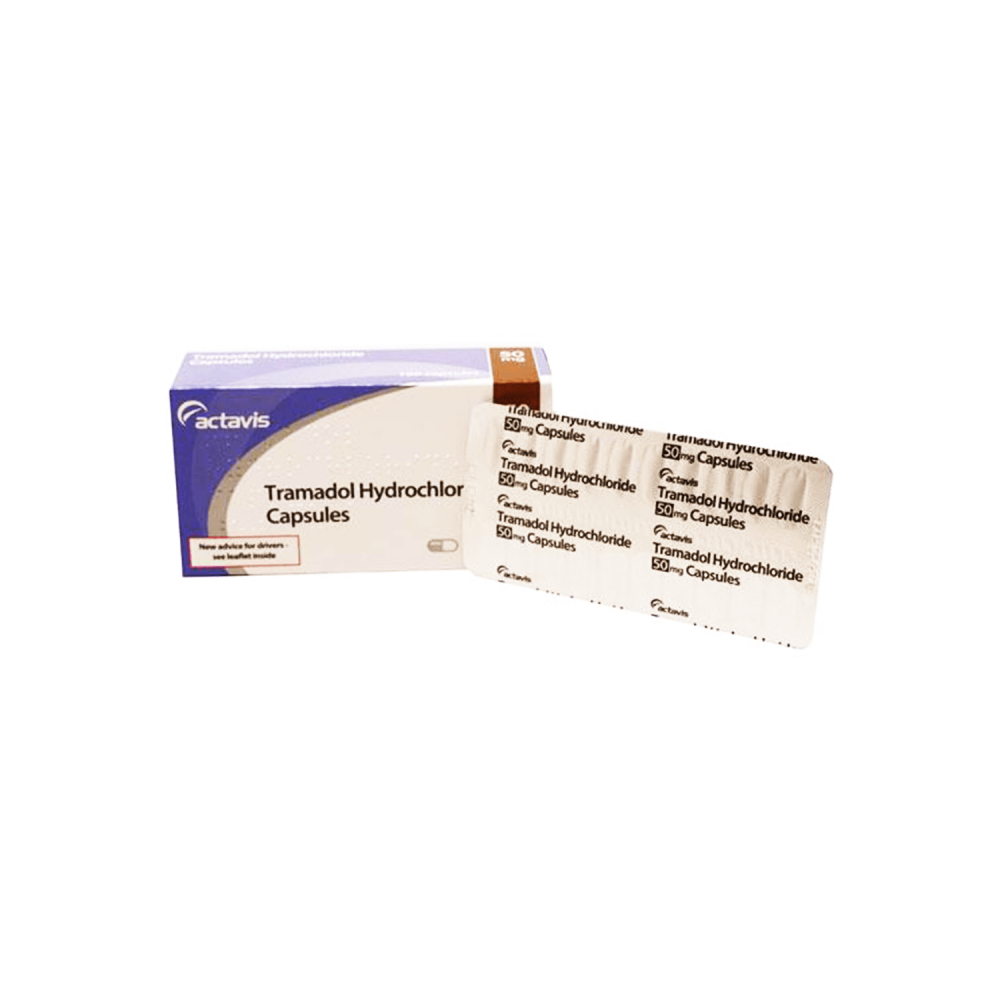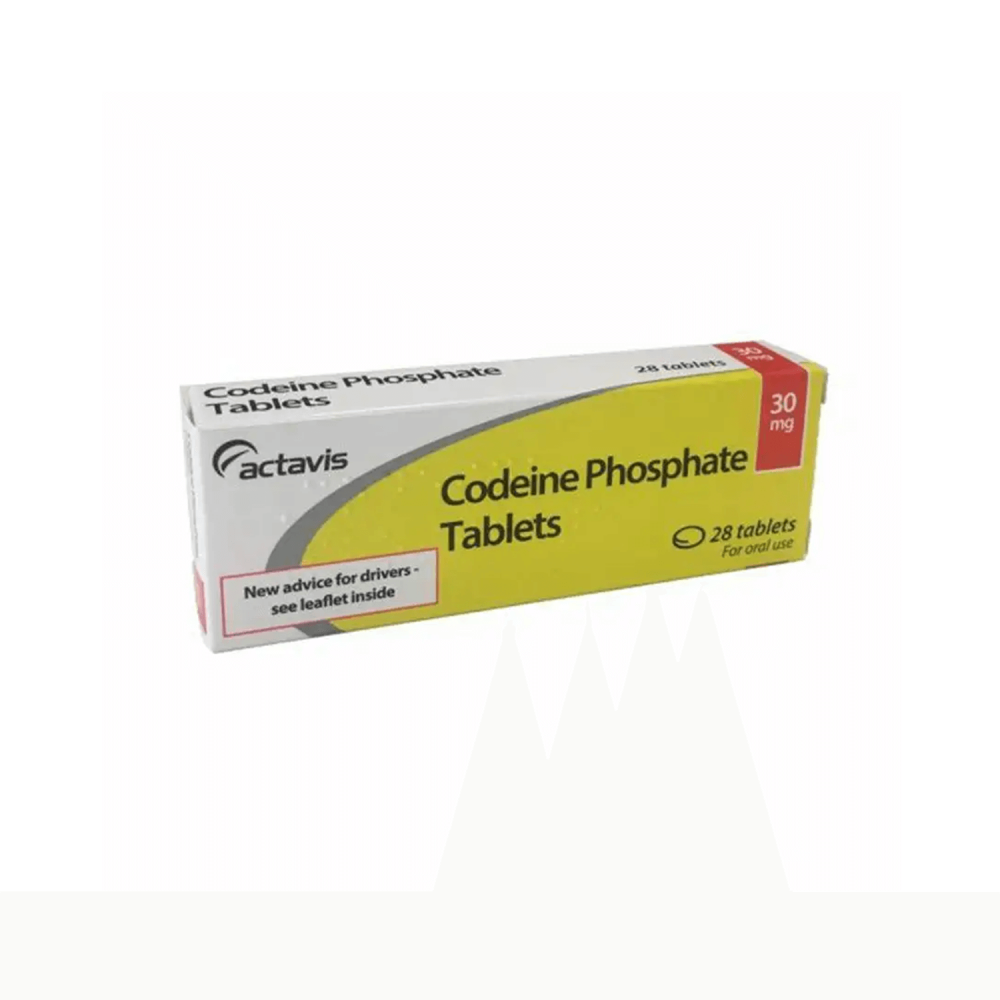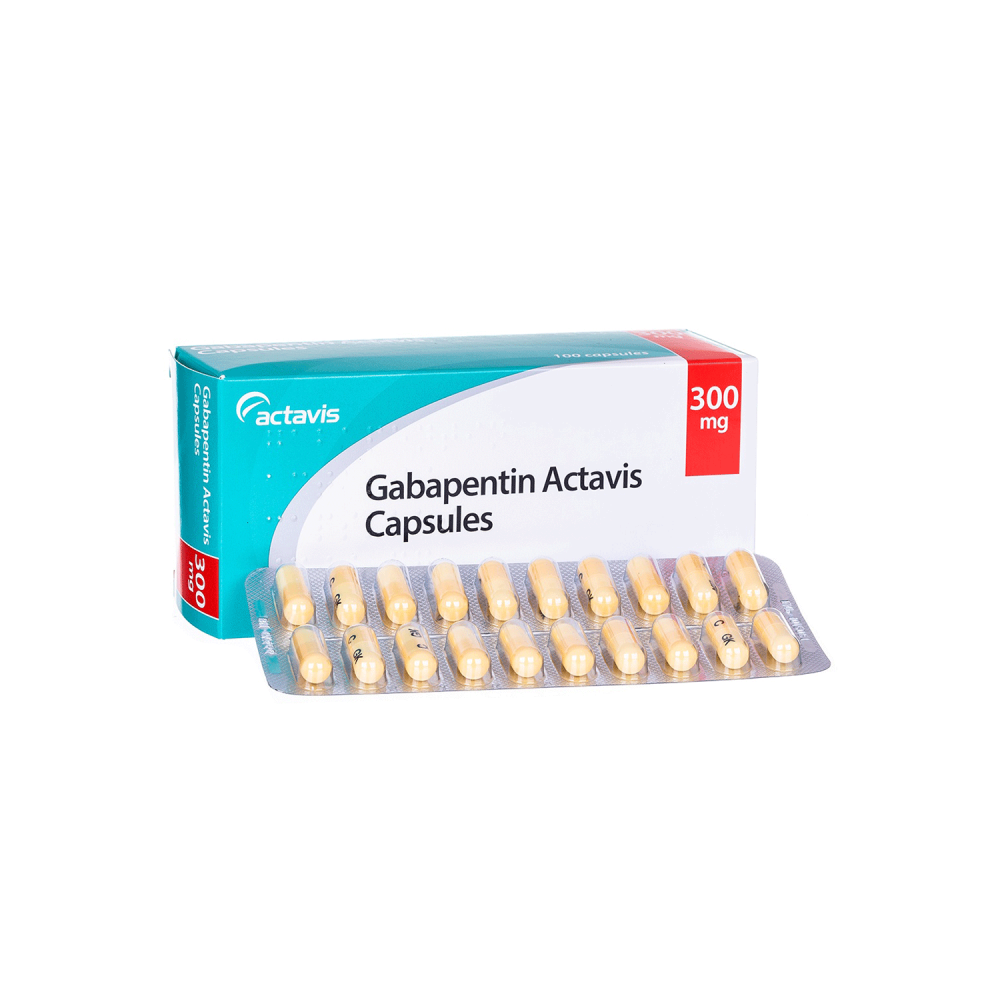Exploring NHS Support for Understanding Depression and Anxiety
Introduction:
Millions of people worldwide are afflicted by the two main mental health diseases of anxiety and depression. These conditions may significantly affect a person’s day-to-day functioning, interpersonal connections, and general well-being. The National Health Service (NHS) in the United Kingdom provides extensive help and resources for those who are battling with depression and anxiety because it understands the significance of mental health. We shall examine the nature of these disorders, their effects, and the different ways the NHS can be of aid in this blog.
Understanding Depression:
Being sad or depressed is not the same as having depression. A complex mental health illness, it is characterised by a loss of interest in once-enjoyed activities and enduring feelings of despair and pessimism. Changes in appetite, trouble sleeping, difficulty focusing, and a lack of energy are all common symptoms of depression. It is important to remember that everyone, regardless of age, gender, or background, can experience depression.
Understanding Anxiety:
Excessive worry, fear, and apprehension are frequent symptoms of anxiety. While feeling worried before an exam or a job interview is common, anxiety disorders go beyond these brief emotions of apprehension. People with anxiety disorders frequently struggle with severe, ongoing anxiety that interferes with their regular activities. Physical signs like shortness of breath or a quick heartbeat may also be present, along with symptoms like restlessness, irritability, and difficulty sleeping.
The NHS’s Method for Providing Depression and Anxiety Support:
In order to provide accessible and research-based care, the NHS provides a variety of support alternatives for those who are experiencing depression and/or anxiety. The following list of essential tools and services is provided:
1.
General Practitioner (GP):
Your GP is frequently the first place to go when you need assistance with mental health issues. They can offer a preliminary evaluation, a diagnosis, and potential treatments. Your general practitioner (GP) may advise you to seek specialised care from psychologists or psychiatrists, or they may prescribe medication.
2.
Improving Access to Psychological therapy (IAPT):
The NHS’s IAPT program provides free, empirically-supported psychological therapy to patients with common mental health issues like depression and anxiety. Cognitive-behavioural therapy (CBT), counselling, and directed self-help are a few examples of these treatments. IAPT services seek to offer prompt support and aid people in creating successful coping mechanisms.
4.
Online Resources and Self-Help:
The NHS offers a plethora of online resources, including interactive tools and self-help manuals, to assist people in managing their anxiety and depression. Numerous resources for advice, information, and self-help are available at any time on websites like NHS Choices and NHS Apps Library.
Crisis Support:
The NHS provides crisis helplines, like the Samaritans, for those who are in an urgent crisis or who are at risk of self-harm or suicide. When it’s most needed, these programs offer discreet assistance, counsel, and a listening ear. The NHS recommends calling 911 or going to the closest Accident and Emergency (A&E) department in an emergency.
8.
Specialist Mental Health Services:
The NHS offers access to specialist mental health services for people with severe or complex sadness and anxiety. These services could include psychiatric evaluations, community mental health teams, and inpatient care if necessary.
10.
Conclusion:
Although depression and anxiety can have a big influence on a person’s life, it’s vital to realise that there is treatment out there. The NHS aims to provide accessible and research-based care by providing a variety of support alternatives to people dealing with these disorders. The NHS is dedicated to assisting people on their path to better mental health, whether it be through your GP, the IAPT program, online resources, crisis helplines, or specialised services. Never forget that asking for help is a courageous and crucial step on the road to recovery.
Please be aware that while this blog offers an overview of how the NHS supports people with depression. And anxiety, it is essential to get the most current and individualised information about mental health services. From official NHS sources or healthcare experts.
